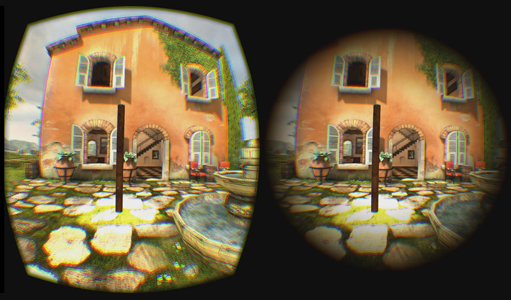
Method reduces VR sickness by subtly altering user’s field of view in response to “motion”
The research, done by Steven K. Feiner and Ajoy Fernandes, has application for consumer head-worn VR displays.

The research, done by Steven K. Feiner and Ajoy Fernandes, has application for consumer head-worn VR displays.
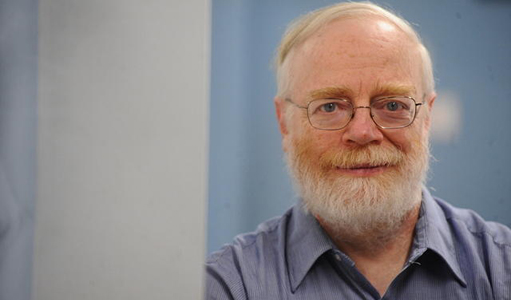
The paper, which will be published this fall in the Harvard Law Review, is entitled It’s Too Complicated: The Technological Implications of IP-based Communications on Content/Non-content Distinctions and the Third-Party Doctrine.
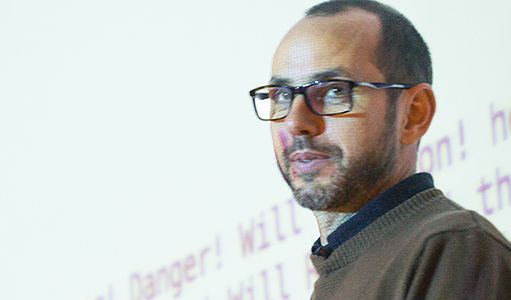
Update: Since being awarded the Presidential Award for Outstanding Teaching for Faculty, Adam Cannon has earned the additional honor of … Continue reading Adam Cannon receives Great Teacher Award from The Society of Columbia Graduates
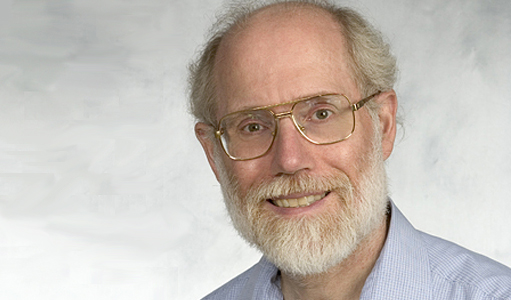
Mihalis Yannakakis & Cliff Stein, colleagues and friends of Johnson, cite Johnson’s fundamental contributions to NP-completeness theory, optimization and approximation, and other areas of computer science.
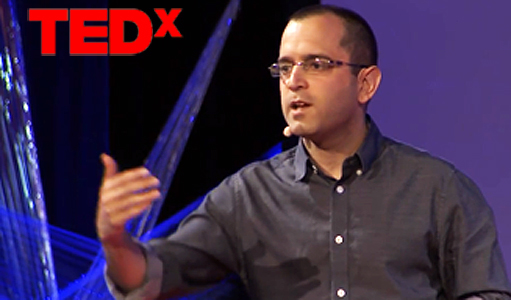
He spoke about current gaps in genetic privacy as genetic information is starting to be widely shared.
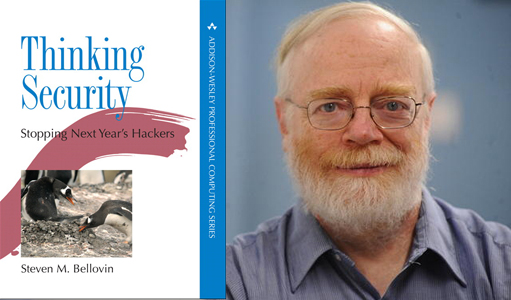
Steven Bellovin’s latest book looks ahead of current technology to anticipate vulnerabilities and guard against new attacks.
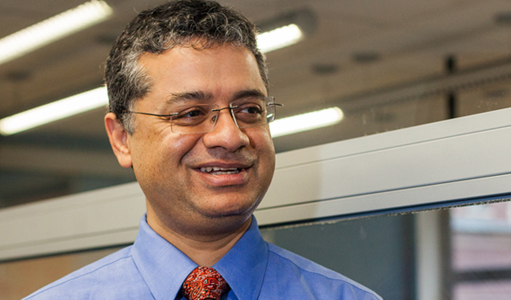
In February 2015, the FCC ruled to enforce net neutrality by banning paid prioritization, throttling, and blocking. The decision was … Continue reading As providers roll out zero-rated services, it’s time to re-define net neutrality, says Vishal Misra
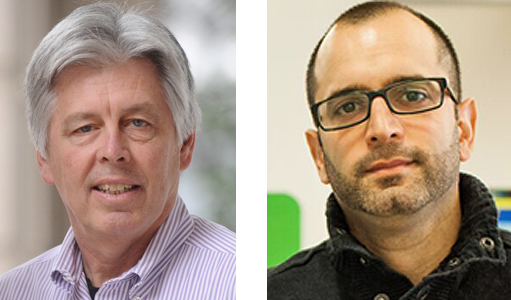
Peter Allen and Yaniv Erlich have been awarded provost grants through the Hybrid Learning Course Redesign and Delivery program, which … Continue reading Peter Allen and Yaniv Erlich awarded provost grants
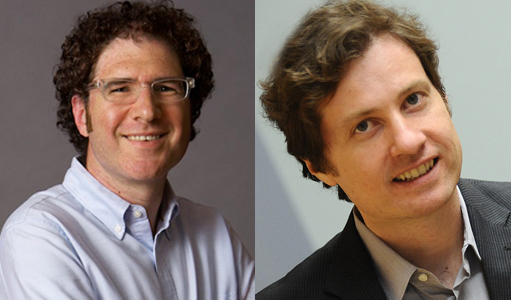
Semantic Scholar utilizes artificial intelligence methods to help researchers quickly cull through millions of scientific papers to find those most relevant to their work.
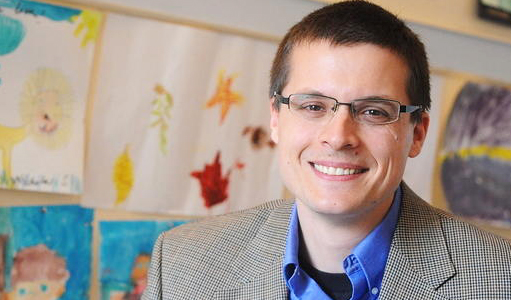
Rocco Servedio, Associate Professor of Computer Science, and his former student Li-Yang Tan (PhD ’14) are recipients of a four-year, … Continue reading Rocco Servedio awarded NSF grant to study limits of computing
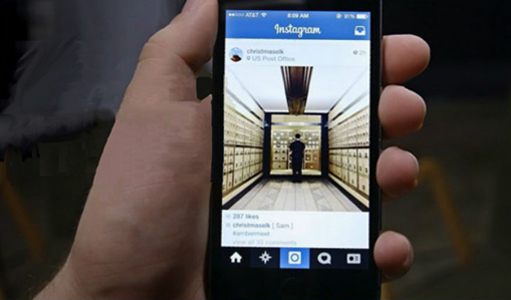
Columbia and Google researchers demonstrate that geotagged posts on just two social media apps are enough to link accounts held by the same person.
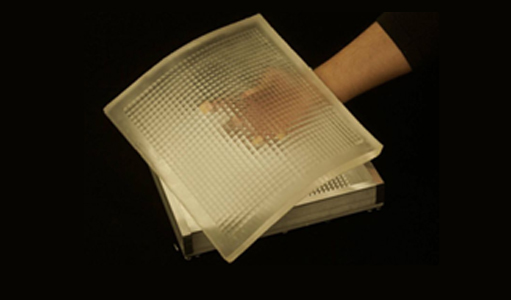
Team led by Shree Nayar has developed a camera that can wrap around almost any object to capture unusual fields of view.

The method is effective and automated and works to verify users, when possible, without requiring them to solve a tedious challenge
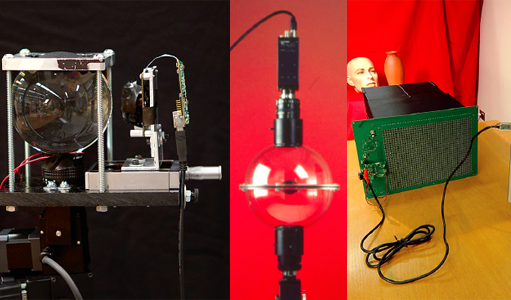
From the Lab: cameras with 360° fields of view, cameras that power themselves, and cameras that capture more detail than is visible to humans.
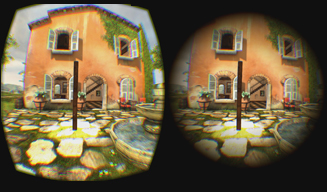
Paper describes how to alleviate VR sickness by subtly modifying the dynamic field-of-view.
Find open faculty positions here.
President Bollinger announced that Columbia University along with many other academic institutions (sixteen, including all Ivy League universities) filed an amicus brief in the U.S. District Court for the Eastern District of New York challenging the Executive Order regarding immigrants from seven designated countries and refugees. Among other things, the brief asserts that “safety and security concerns can be addressed in a manner that is consistent with the values America has always stood for, including the free flow of ideas and people across borders and the welcoming of immigrants to our universities.”
This recent action provides a moment for us to collectively reflect on our community within Columbia Engineering and the importance of our commitment to maintaining an open and welcoming community for all students, faculty, researchers and administrative staff. As a School of Engineering and Applied Science, we are fortunate to attract students and faculty from diverse backgrounds, from across the country, and from around the world. It is a great benefit to be able to gather engineers and scientists of so many different perspectives and talents – all with a commitment to learning, a focus on pushing the frontiers of knowledge and discovery, and with a passion for translating our work to impact humanity.
I am proud of our community, and wish to take this opportunity to reinforce our collective commitment to maintaining an open and collegial environment. We are fortunate to have the privilege to learn from one another, and to study, work, and live together in such a dynamic and vibrant place as Columbia.
Sincerely,
Mary C. Boyce
Dean of Engineering
Morris A. and Alma Schapiro Professor